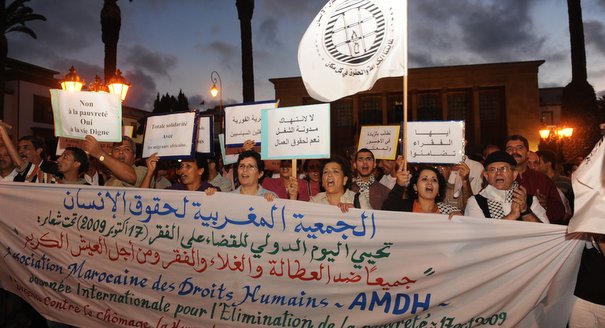Despite a lack of significant natural resources, Morocco’s poverty rate has fallen by more than 40 percent in the last decade, with less than 9 percent of its population considered poor. While lifting 1.7 million people out of poverty in ten years is notable progress, Lahcen Achy explains in a new paper that Morocco’s leaders must rethink their poverty-reduction strategy to sustain the positive trend and overcome remaining challenges.
Key policy recommendations:
- Build human capital. Policy makers should seek to eradicate illiteracy by allocating more human and financial resources to adult literacy programs and encouraging poor families to educate their children.
- Reduce inequality. Promoting more progressive taxation and better-targeted public spending—along with reinforcing redistribution policies—would reduce inequality.
- Improve the business environment. Leaders should provide incentives for informal entrepreneurs to join Morocco’s formal economy and encourage them to comply with social and fiscal obligations to employees.
- Strengthen political and fiscal decentralization. Increasing the participation of non-state actors—including local elected councils and civil society organizations—would help to improve local development policies.
“Despite significant progress in poverty reduction, Morocco faces the persistent problems of high illiteracy, inequality, volatile economic growth, informal and vulnerable jobs, and the uncertain levels of future remittances,” Achy writes. “Policy makers must review the country’s approach for alleviating poverty and take greater advantage of existing strengths to reach a broader spectrum of the population."




.jpg)
